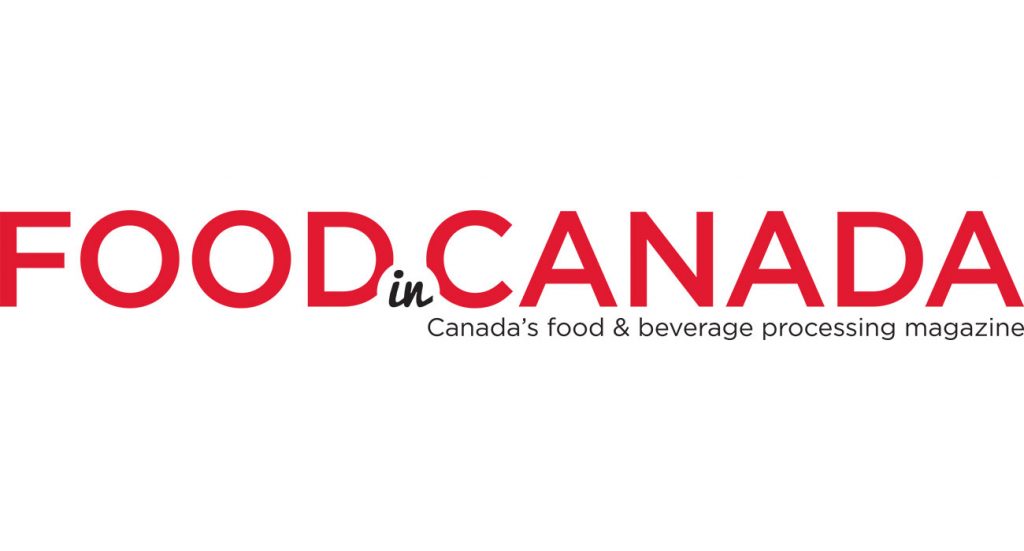Governments investing $3M to protect Ontario’s pork sector

The governments of Canada and Ontario are investing nearly $3 million in three new initiatives as part of a co-ordinated effort to enhance biosecurity and support the provincial pork sector’s African swine fever (ASF) prevention and emergency preparedness efforts.
African swine fever is a viral disease affecting pigs, and could potentially disrupt Ontario’s supply chain. Many large-scale pork producers have strict biosecurity measures already in place, and this investment will provide additional support throughout the pork value chain to proactively enhance the sector’s biosecurity and preparedness. This co-ordinated effort aims to minimize the risk of introduction of ASF in the province and in Canada and mitigate the risks it poses to the industry.
Starting November 5, 2021, a new targeted intake under the Canadian Agricultural Partnership (the Partnership) will provide funding to Ontario pork producers, processors and other agri-businesses to support their training, education and planning, as well as for supply and infrastructure investments and modifications needed to strengthen swine-related operations, support industry businesses and protect the herds and livelihoods of Ontario pork producers.
“We know how hard Ontario pork producers work to keep such high standards for safety,” said Marie-Claude Bibeau, federal Minister of agriculture and agri-food. “In the wake of growing concerns since African swine fever has been detected in the Caribbean, this funding will support new measures that protect the prosperity and resiliency of the entire sector.”
“Our role in government is not just to react to what happens in Ontario but to also be proactive to help mitigate risks to our agri-food sector and our food supply,” said Lisa Thompson, agriculture, food and rural affairs minister. “The recent detection of African swine fever in the Caribbean and the devastating impacts it has had in Europe and Asia is a good reminder to tighten protections all along the pork industry value chain to try to prevent the introduction of the disease, which would lead to significant market and trade disruptions.”
The intake for Ontario’s pork industry and related businesses will provide cost-share funding for eligible expenses that will support biosecurity improvements and emergency preparedness planning for the sector. This intake provides higher cost share at 50 per cent than other intakes under the Partnership because of the critical and urgent nature of this work.
Additionally, funding will be allocated under the Partnership for an education outreach and awareness campaign for “small holder” farms, or farms that market fewer than 1,000 hogs or 50 sows per year. The campaign will focus on increasing small hog producers’ awareness of the risks of ASF and the need for strong biosecurity and emergency preparedness measures.
Targeted financial support will also be provided to help the province’s producers of Eurasian wild boar (EWB) transition out of the production of these animals. Farm escapes of Eurasian wild boar amplify the population of wild pigs, which have already caused widespread problems in Canada’s prairie provinces and many American states – these wild pigs can damage crops and the natural environment and could transmit ASF to pork operations in Ontario.
To assist EWB farmers and encourage faster transition, producers who agree to stop raising them within six months will be eligible for funding to shift to other forms of production such as heritage breeds of swine, other livestock or crop production.
Source: www.foodincanada.com

